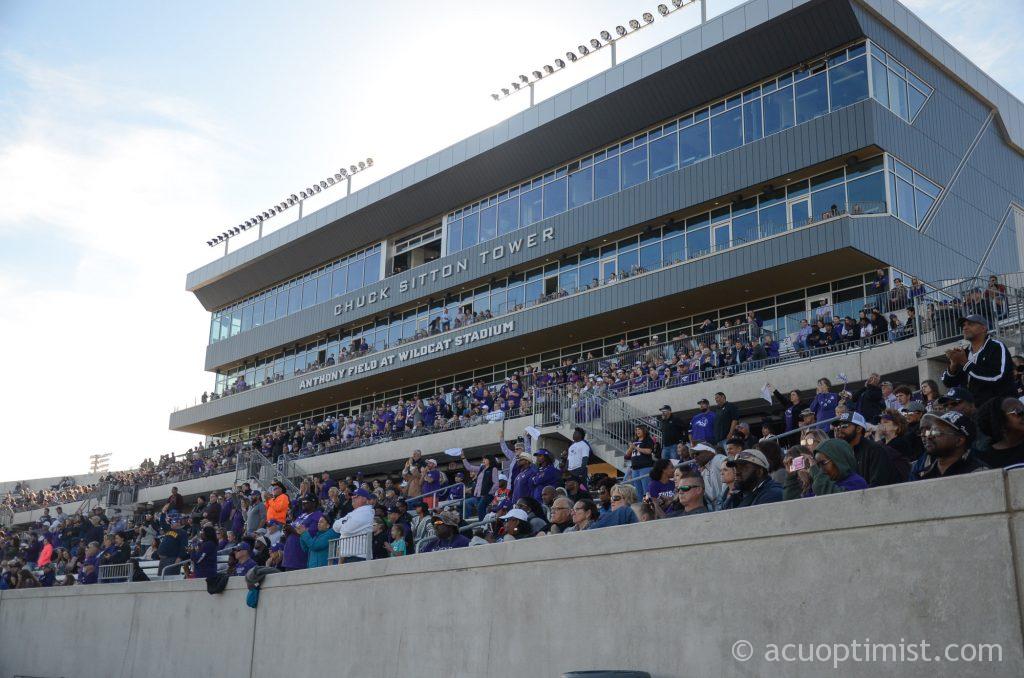Come Saturday, the ACU football team will have a little bit more in the bank after their highly anticipated matchup with Texas A&M, no matter what the final outcome of the game is.
Every college football season, many lower Div. I and FBS level schools find themselves playing games against larger and more experienced schools who have an obvious skill advantage and a leg-up on their opponent.
Although these matchups may seem unfair to someone casually looking at the weekend’s slate of games, most of the smaller schools are coming out on top at the end of the day.
In what has become an increasingly popular process among college football in recent years, these smaller schools will sign a contract years in advance with larger schools, guaranteeing them payment for them to travel and come play their football team and ACU is no exception.
According to a contract provided by Texas A&M University, ACU in 2018 signed an agreement with Texas A&M, in which the Aggies would pay the Wildcats a financial guarantee of $550,000 to play in a football game on Nov. 16, 2023. Later in 2019, both teams agreed to move the scheduled date of the game back two days to Nov. 18, 2023. In doing this, Texas A&M agreed to pay ACU an additional one-time payment of $15,000.
Zack Lassiter, vice president for athletics, said the money earned from these contract guarantees tends to ultimately be seen as any other source of revenue athletics may earn.
“Generally it goes into our overall athletic budget as a revenue stream,” Lassiter said. “It is similar to ticket sales or fundraising or NCAA. From those revenues then we try to pay our expenses.”
Texas A&M is not the only school that ACU has had a contract agreement with this season either. According to a contract provided by the University of North Texas open records department, the game played between the Mean Green and Wildcats earlier this season on Sept. 30, guaranteed the Wildcats a payment of $375,000.
This means that ACU earned a total sum of $940,000 from two games alone before they even stepped out onto the field.
Although the game’s main benefactor is to bring in money to help finance athletics, they also open ACU up to more national exposure for players, fans, alumni and the school as a whole.
The one difficulty seen in the agreements for ACU comes with the placement of when the games are scheduled.
“We want to do a better job scheduling those games early in the season, as opposed to late,” Lassiter said. “As we are trying to build a football program that goes into the playoff, what you don’t want to do is schedule games like this the week before a playoff game.”
ACU is doing just that as the Wildcats are scheduled to play games against Texas Tech, TCU and Tulsa all within the next three years.
It’s not to say that singing one of these payment contracts guarantees a loss either. Just last season, Texas A&M paid Appalachian State $1.5 million and the Mountaineers went into College Station and beat the Aggies.
“We love testing ourselves up against the best,” Lassiter said. “Certainly we understand that those programs are better resourced and are going to be more than likely favored going into those games, but that doesn’t mean we can’t have opportunities to compete.”

